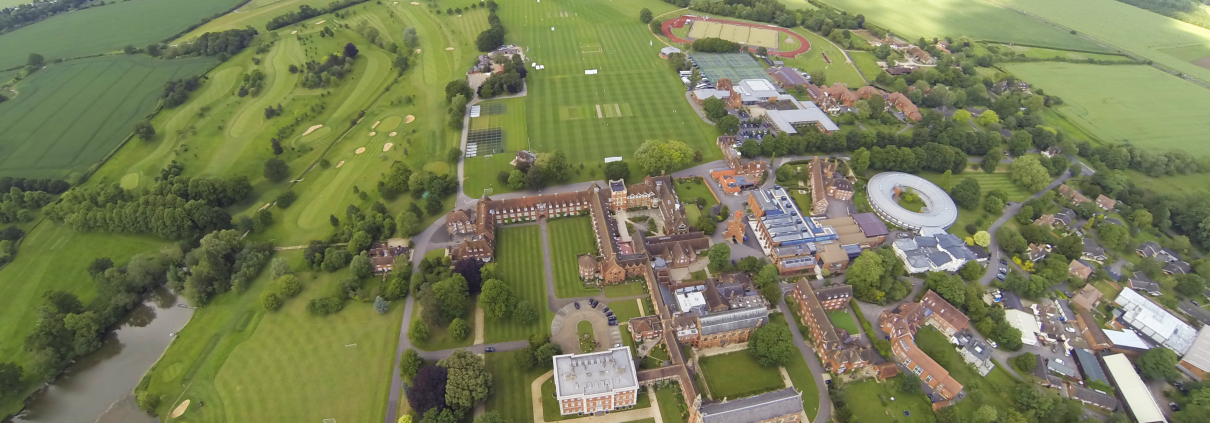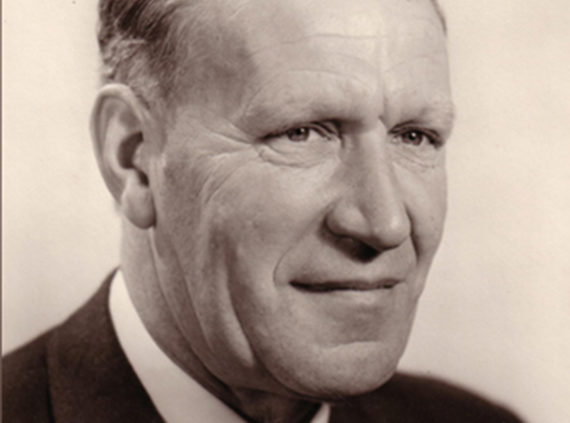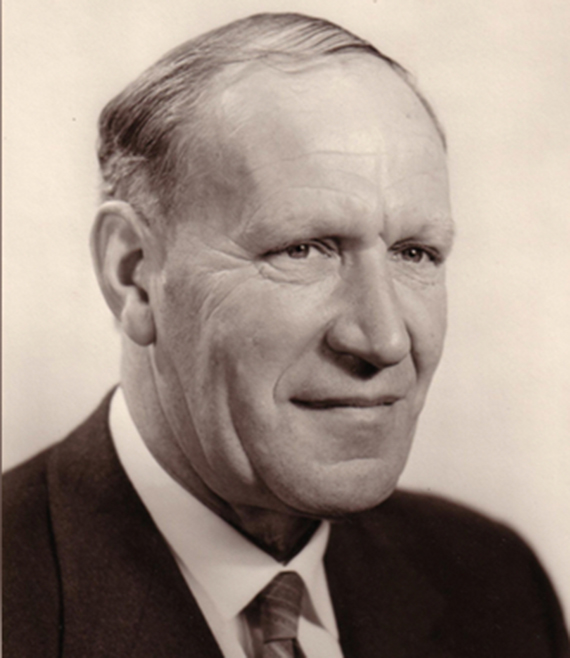Honour and a privilege
Honour and a privilege: Scott MacCallum talks with Adam King, Head of Grounds at Radley College in Oxford, and learns that while there is competitiveness to do your best, that doesn’t necessarily mean with each other.
I had a pretty normal school education. I got sufficient grades to go on to do the journalism course that I wanted to take, while I also enjoyed the sporting side of things, playing rugby for the school in my early years.
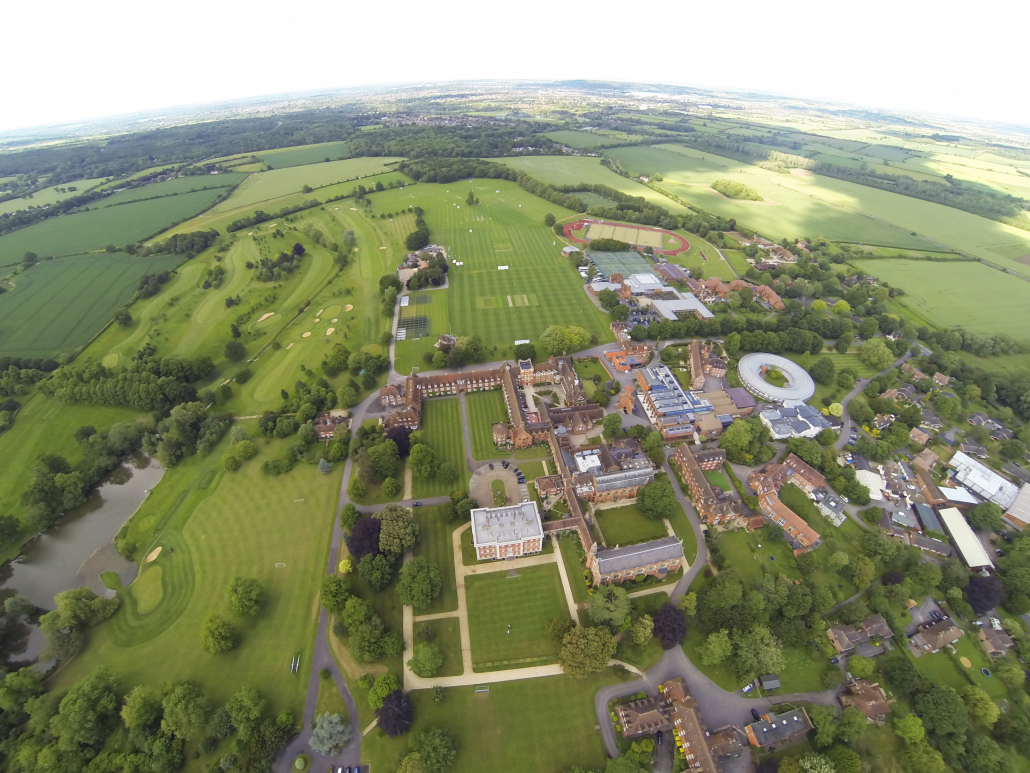
Honour and a privilege
In fact, I enjoy all sports but, to be perfectly honest, I’ve never been very good – the archetypal Jack of all Trades… You know the rest.
But things might have been different. I enjoy golf, but grew up in a town where the golf club had no professional, so my swing was, and still is, hand built – more Heath Robinson than Rolls Royce. At my school our PE staff were more facilitators than coaches, allowing us access to sport but without any genuine coaching, while our playing fields were sloped to such an extent that I could run 100 metres in around 11 seconds in one direction and 22 seconds in the other.
So, while I’ve always been grateful for the education I received, I am, and have always been, envious of those people who benefited from a private education. And even more so, of those who boarded. Nothing to do with Harry Potter, but these guys had access to fabulous sports facilities, plenty of time for sport on the timetables and coaches to ensure that proper foundations are put into technique, whether that be batting, scrummaging or golfing.
Not so sure about quidditching.
I certainly don’t feel underprivileged, but those thoughts did come flooding back when I spoke with Adam King, Head of Grounds at Radley College, in Oxford, and particularly resonated when he talked about two of the newest additions to facilities, neither of which, funnily enough, require input from himself from an agronomic perspective.
We used to include pictures of well presented pitches on our school prospectus. Now we have pictures of our Strength and Conditioning Unit, which cost close to £1 million, and our rowing tank, which enables the boys to train right the way through winter,” explained Adam.
Strength and Conditioning Unit! What I would have given to have had access to that. I went from scrawny to overweight in the blink of an eye.
Radley is one of only four all boarding boys’ schools in the entire country – the others being Eton, Harrow and Winchester. There are currently 737 boys on roll and this will grow to 750 when the latest boarding house becomes fully operational. Among the Old Boys are Peter Cook, Ted Dexter, Andrew Straus, Brough Scott, Nigel Twiston-Davis and Lord Scarman.
“Sports plays a major part of what the boys do here,” said Adam, merely confirming my long-standing jealousy.
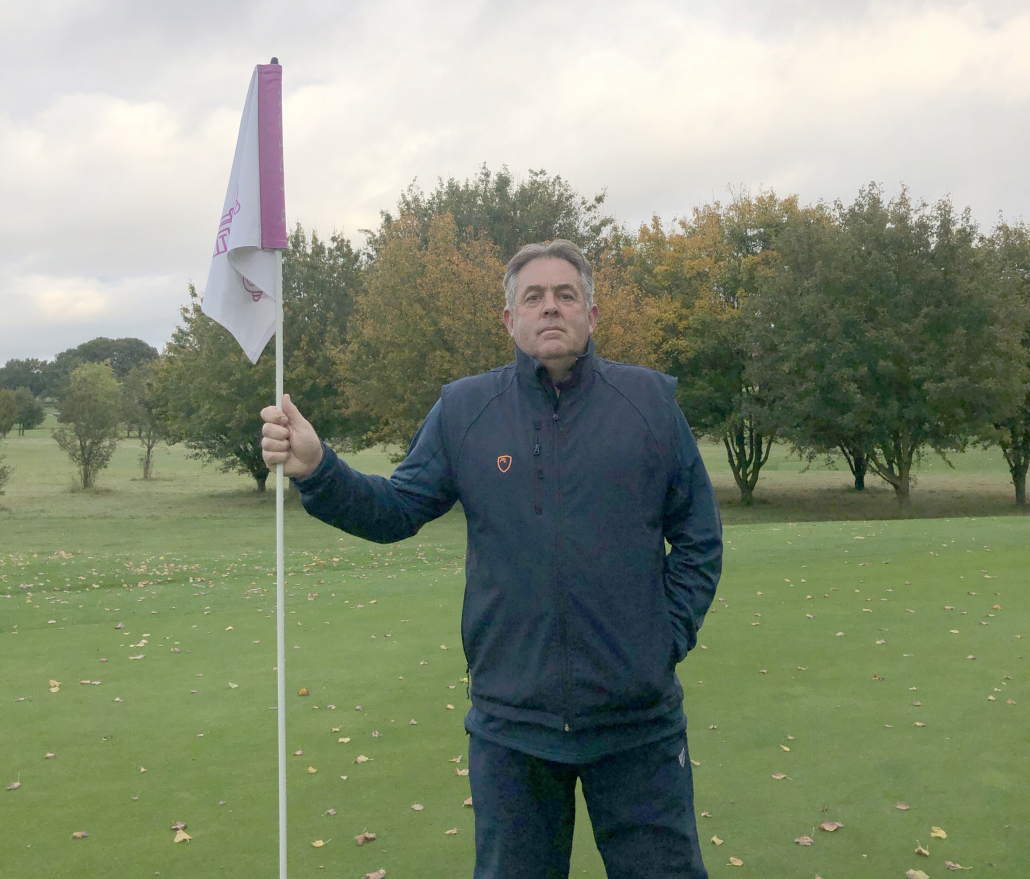
Honour and a privilege
“They are out four afternoons a week, plus Saturdays and when we are playing against our big ‘rival’ schools there can be 24 rugby teams out at the same time. It’s a great sight.”
With everyone on site including the teaching staff, who all live in school houses, retaining a school bubble is easier than for some.
“We are a campus school, spread over 800 acres, so we don’t have the same worries that Eton, Harrow and Winchester, for example, have of boys walking around the town. We are in one massive bubble and with so many sports on offer – touch rugby only at the moment; football, cricket, hockey, athletics, tennis, golf and rowing it means that the boys are nicely spaced out and can enjoy what they are doing,” said Adam, who has been at the school since 2000.
During the March to June lockdown Adam’s regular staff of 19 was reduced to four to enable essential work on the gardens and grounds to be carried out, and two greenkeepers to maintain the school’s nine hole golf course, which has its own membership of 350.
“In many ways it took me back to my days back in 1989 at Stowmarket Golf Club, sitting on a tractor pulling a set of Lloyds gangs. Tranquil times, with no phone, no interruptions. It was quite surreal, but quite pleasant at the same time,” he recalled.
“Then it dawned on us that the boys weren’t coming back for the summer term and that we were, therefore, not going to have any cricket, and the mood went the other way. Everyone got a bit down and the implications of what was happening began to hit home. It was a really odd summer.
“At times we were wondering where it was all leading and whether the boys would be coming back in September.
“We are in a much more fortunate position now and, as a school, we are the fullest we have ever been. We only have 10 or 12 of our international students who are currently distance learning.”

Honour and a privilege
Staff gradually began returning and the Grounds Team had a full complement by mid September, when work on cricket pitches began in earnest in preparation for matches later in the year.
“The Old Boys played a Twenty20 last week against another school and there are another few fixtures planned for the next few weeks,” said Adam, speaking the day after the Prime Minister had announced further restrictions which could stretch well into 2021.
“Our plan was to go to play touch rugby until half term in October and then go to rugby after half term at the beginning of November.
What we’ve heard now is that that is probably not going to happen and we will continue to play touch rugby or go to football or hockey.
As a school we are very keen that every boy does something every day – we can’t have them sitting around their boarding houses,” said Adam, whose advice to anyone new to school groundsmanship is to get involved with the school as much as possible. He himself coaches cricket and football.
The pandemic came on the back of a period of weather which had had Adam bemoaning the wet weather of last winter and spring.
“We are always in the hands of Mother Nature and she was working against us but ironically she then worked with us for a long time. We had a hot dry spell in April to May. It was a Godsend. If there had been a flush we would have been in all sorts of trouble trying to keep on top of things with our reduced numbers. Then there was a flush in August which was brilliant which got everything up and running.”
It is possible to give the weather credit for doing its best to assist there are many more elements which have gone towards the improved standards that can be seen at schools up and down the country.
I do wonder what Jim Arthur would be thinking now, with all the technology that is available. Things have move on massively in the last 20 years and we are lucky to have all the tools in the tool box that we need to create the top sports surfaces we want for the boys to play sport on,” said Adam, who name checked the Koro and Primo Maxx as two of the significant developments in recent years.
That ability to produce surfaces across a range of sports is one of the things which marks a top school and university groundsman out from the crowd. Radley is just completing a five year deal with Toro for machinery while what can’t be done with the machinery in house – Koroing is carried out by ALS, who have been working at the school as long as Adam has been there.
“Being multi skilled is what keeps us all in the job but you grow into some of those skills. For example, cricket and rugby pitches were easy, but I didn’t know much about astro pitches when I started. You grow into those roles.
“The nice thing about the groundsmen on the circuit is that there is competitiveness to do our best but not with each other. Some do great jobs on much smaller budgets than I have, and probably do a better job but ultimately everyone is always judged on the cricket season,” said Adam, who added that he and his Deputy would visit other grounds two or three times a season to watch games and share thoughts and ideas with fellow groundsmen.
All the guys are pulling hard to produce the best surfaces they can and it is fantastic for the industry.”
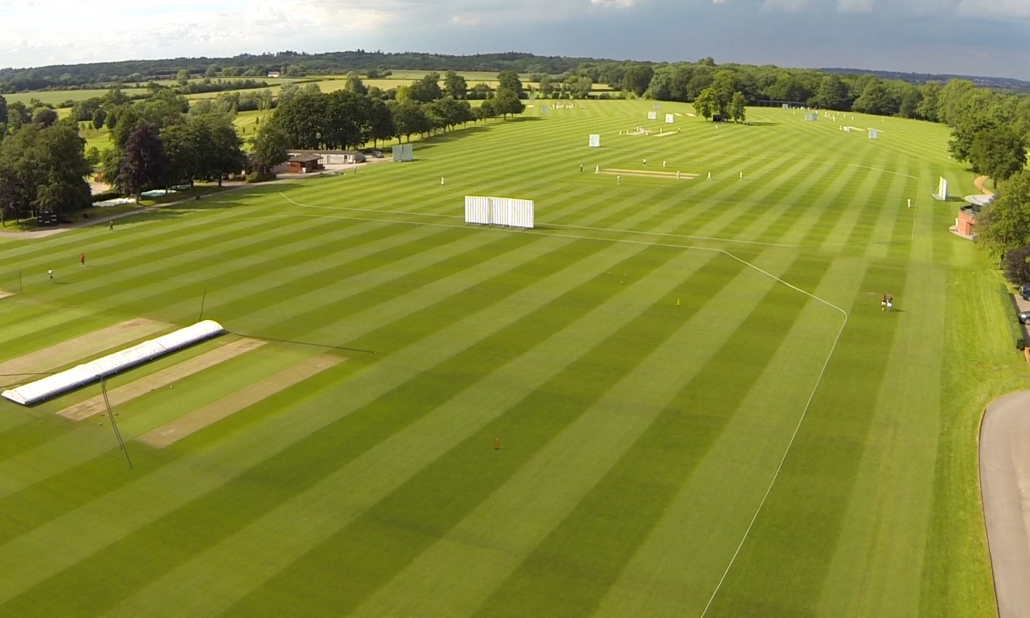
Honour and a privilege
It is an industry, however, that Adam feels is not supported as well as it should be.
“We’ve never been well supported by the organisations and we’ve always had to fend for ourselves, but I could talk about that for two weeks,” said Adam, who added that a notable exception was ICL who host an annual Schools’ Seminar.
As an explanation, Adam points to the fact that other sectors have a much higher profile with the top football and rugby groundsmen having their work seen on television on a weekly basis during the season.
“Whereas here, nobody sees our work apart from the boys, their parents and ourselves. That said we don’t crave that sort of exposure.”
Adam considers himself extremely privileged to be working at such an extraordinary place, a place where work on the sports surfaces has to be combined with maintaining the grounds of the numerous properties in the Radley portfolio.
The summer is the time when many staff come and go and we have to ensure that their gardens are neat and tidy, so it is a major project for the gardening team. We’ve just finished laying 3,000 square metres of turf around the new Boarding House.”
Variety is very much the spice of life and Adam is grateful to his superb team – many sportsmen in their own right – who, in addition to being skilled gardeners, greenkeepers and groundsmen, contribute to a great team spirit.
Looking ahead Adam see the industry flattening out over the next five year.
“I can’t see companies investing millions in producing a new machine at the moment because they are not going to sell too many,” said Adam, while acknowledging that the move towards hybrid and electric will be maintained.
Despite the pandemic, and the uncertainty caused, Adam sees a great future ahead for the school, while I’m hoping to do some sort of Benjamin Button so I can go back and enjoy all the benefits of being a boarding school boy.

